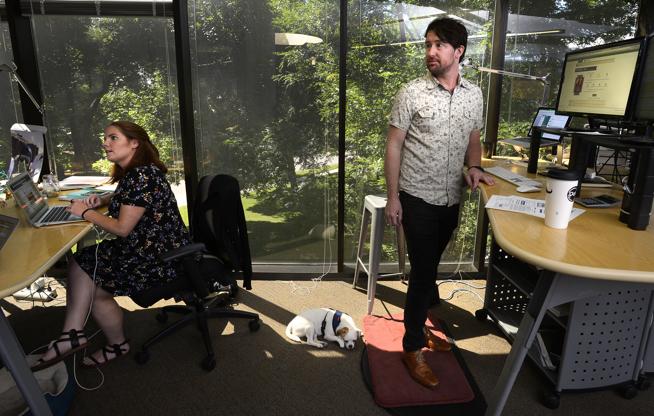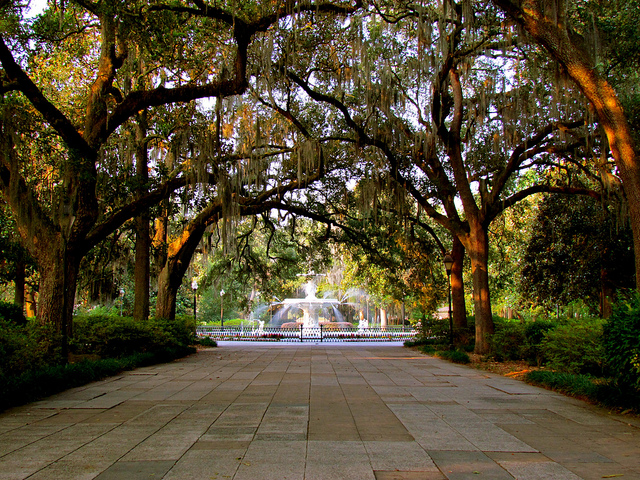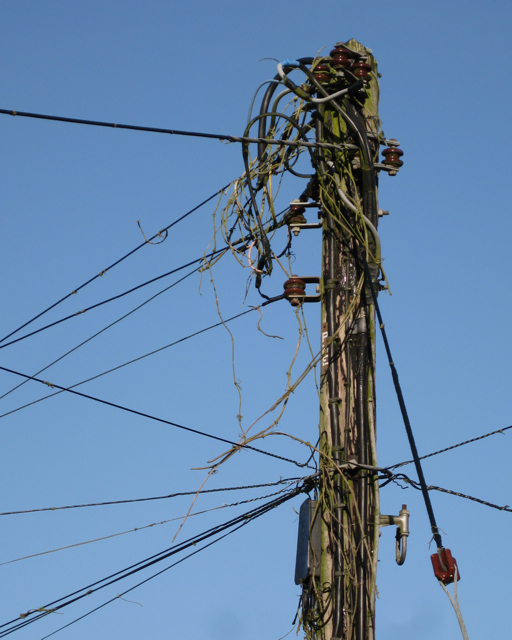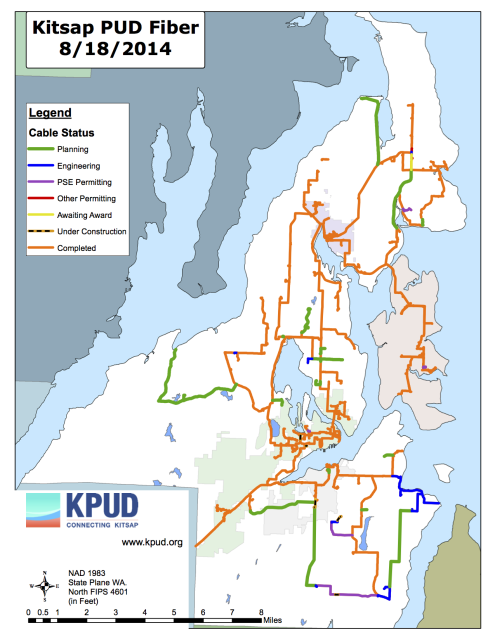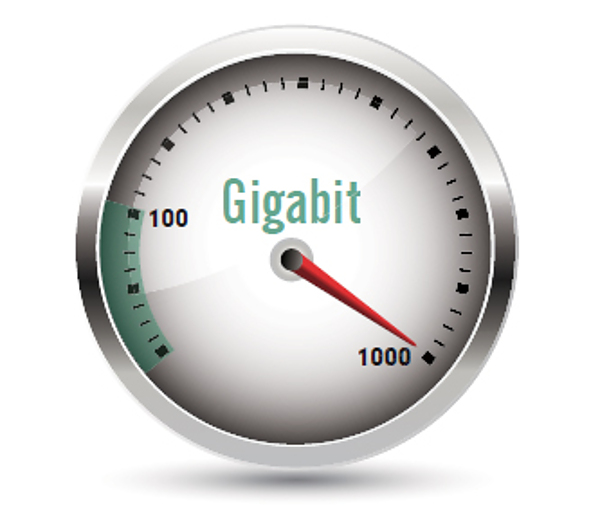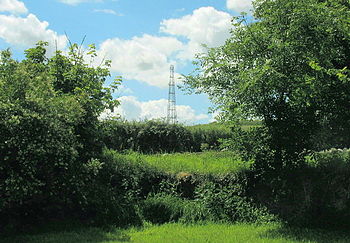I appreciate that the Daily Camera dedicated so many inches to this topic, but they missed the point that one of the options is that the city provides fiber access to other communications companies that will actually sell services to consumers and businesses. This open-access option is preferred because it allows for greater choice of services and price competition. Additionally it keeps the city out of business of delivering communications services which is fast moving.
Open-access reduces the risk to the city in this venture because it sells infrastructure that all communications providers require including CenturyLink and Comcast. EBP is always used as the poster child of a successful deployment but there are just as many municipal failures like UTOPIA. Even Longmont failed 3 other times in their broadband venture. Selling/leasing the infrastructure to deliver services is more likely to be financially successful for the city, and it will benefit consumers as well. CTC mentioned that there are several service providers willing to offer Internet, phone, and even video services to Boulder residents. I hope that the city makes the best decision and opts for an open-access network. Continue reading





